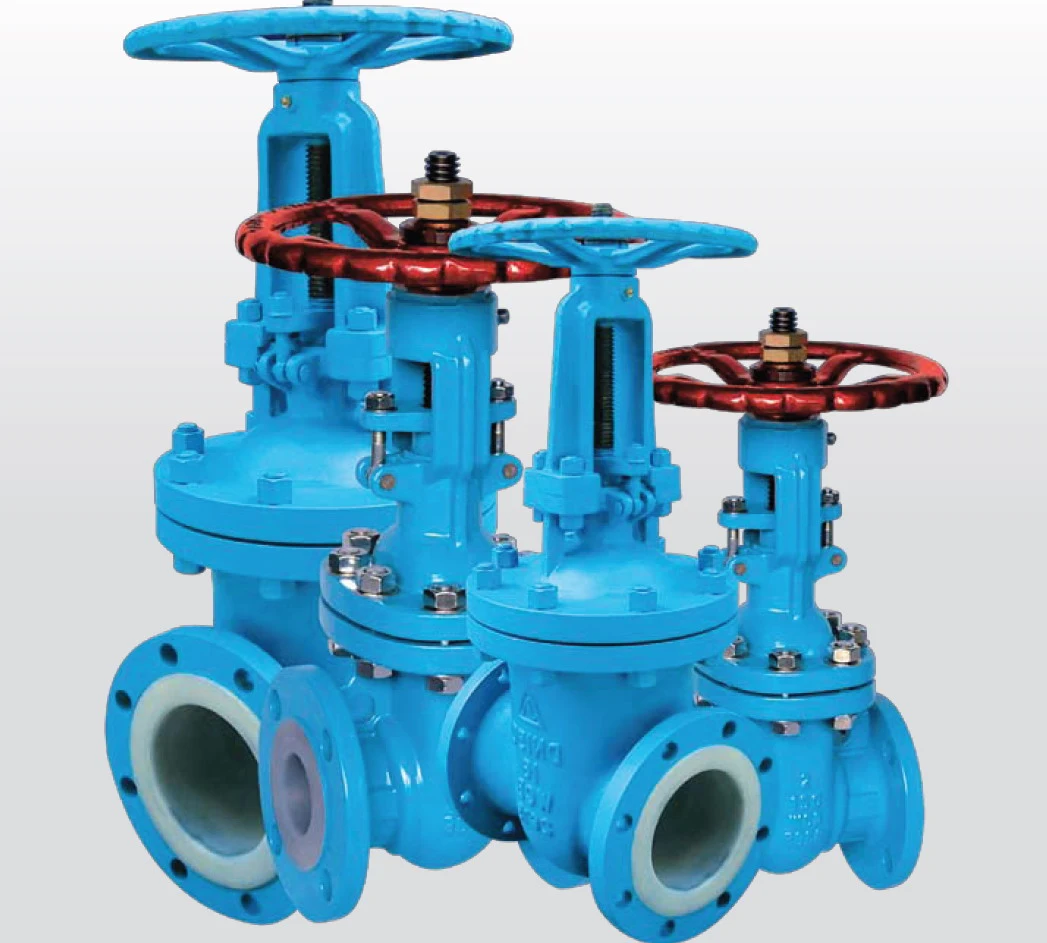Statistics show that leakage exists in about 20% of valves in industrial equipment. Caused direct economic loss accounts for about 50% of total losses. Meanwhile, valve leakage also causes pollution to environment.
Use thermal infrared imager to detect valve leakage in case of industrial accident.
Valve leakage is classified into external leakage and internal leakage.
External leakage is commonly occurred in body, stem, connection part between packing and body.
1. The body is generally cast, which can easily form blisters and other casting defects. Blisters on body can cause media leakage. The leakage is generally shown as seepage having lower flow rate.
2. Some positions on stem are stuck due to inappropriate design and materials so that
valve cannot be closed or closed strictly, causing media leakage. The leakage has higher low rate, resulting in serious damage to production equipment and surrounding environment.
3. Packing is placed on body or bonnet, used to contain padding. Packing seat is located at the bottom of packing case, used to support padding. Packing is classified into soft sealing filler and forming filler. Media leak at sealing packing due to loose packing gland, imprecise packing, categories or quality of packing fail to requirements, aging packing or wear by stem.
4. Sealing of body connection part refers to sealing between body and bonnet. In general, flanged connection is used. When nominal diameter of control valve is lower, threaded connection is used. Categories, materials or dimensions of gasket fail to meet requirements, poor processing quality of flange sealing face, improper connection bolt fastening and over large additional load on connection parts caused by improper pipeline arrangement, lead to leakage on connection part.
Leakage caused by Imprecise closing of valve is called as internal leakage, usually occurred on sealing face of seat.
1. Design and manufacturing technologies of valve have problems, causing imprecise sealing of valve resulting media leakage further. Leakage is mostly seepage or continuous emission having small flow rate.
2. Disc or sealing face deforming causes imprecise sealing, leading to media leakage. Generally, leakage is seepage or continuous emission having small flow rate.
3. Sealing face of valve has been damaged during manufacturing, transportation, inspection, installation and utilization, which causes imprecise sealing, leading to leakage. The leakage is shown as seepage having small flow rate.
4. Media contain impurities which lead to imprecise closing, resulting in media leakage. The leakage may be seepage having small flow rate and lager flow rate.
Infrared temperature measurement of thermal infrared imager can be used to detect valve leakage. As long as definite differential existing between media inside pipeline and environmental temperature, thermal infrared imager can carry out infrared detection and analysis to valve. However, heat preservation and iron sheet on vale and pipeline bring difficulties to analyze degree and reasons of leakage. If there is no heat preservation on valve and pipeline, leaking valve can be detected easily. Particularly when amounts of pipelines are connected with header, it is difficult for detecting leaking valve. Use thermal infrared imager can quickly detect leaking vale for replacement, avoiding blindness and saving cost.
Difficulties of thermal infrared imager detecting
1. If insulating layer is thicker, internal temperature difference cannot be transmitted to surface of outer wall. So measuring leak is quite hard.
2. Shell of some valves is made of bright iron sheet or stainless steel, having low emissivity while high reflectivity. The shell easily reflects near high temperature radiation source into thermal infrared imager, causing serious disturbances. So, when shoot the valve, color can be painted on parts which easily cause leakage, in order to improve emissivity.
How to shoot clear thermogram?
1. For situation having lower temperature difference, thermal infrared imager having higher thermal sensitivity should be chosen as far as possible.
2. Direct sunlight should be avoided during shooting, shooting valve in shadow cannot be easily disturbancesed by sunlight, having better result.
3. Notice whether there are other surrounding heat sources or not. Particularly valve having brighter valve, the shell easily reflects surrounding heat sources, causing disturbances. So if there are surrounding heat sources, change shooting angle.

